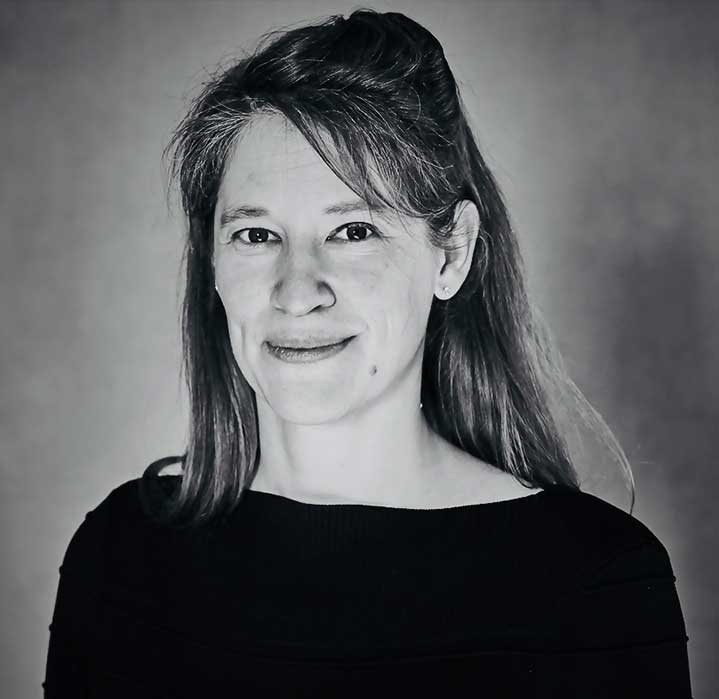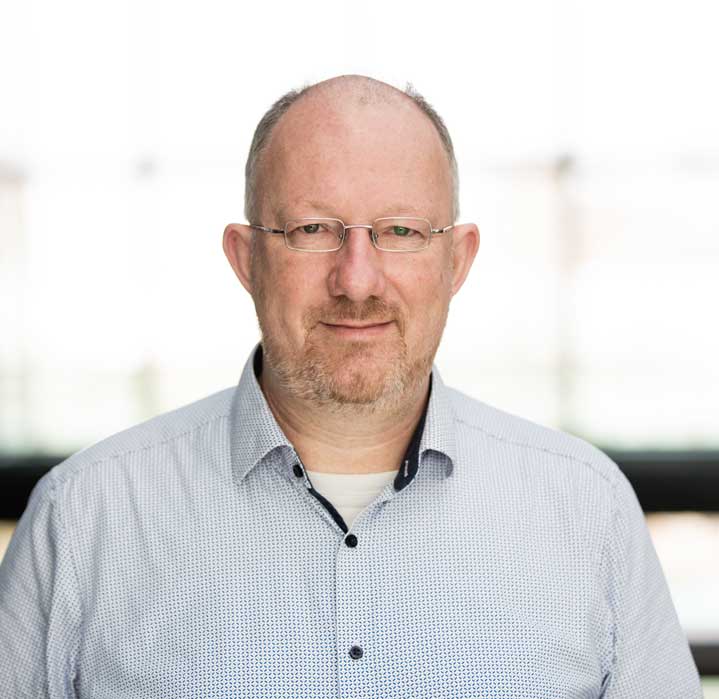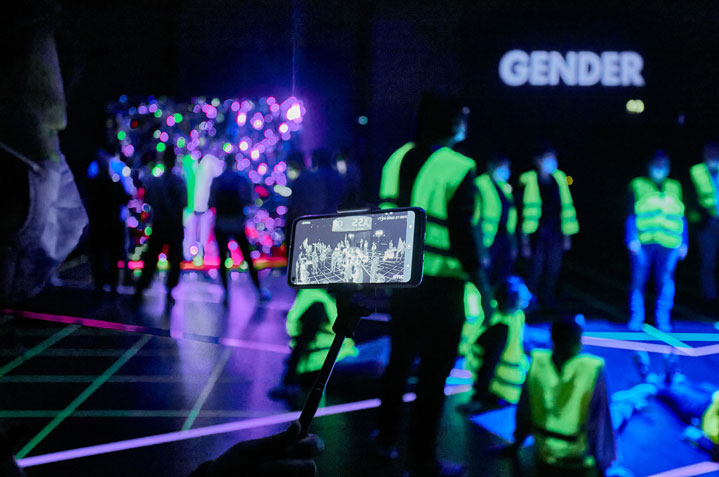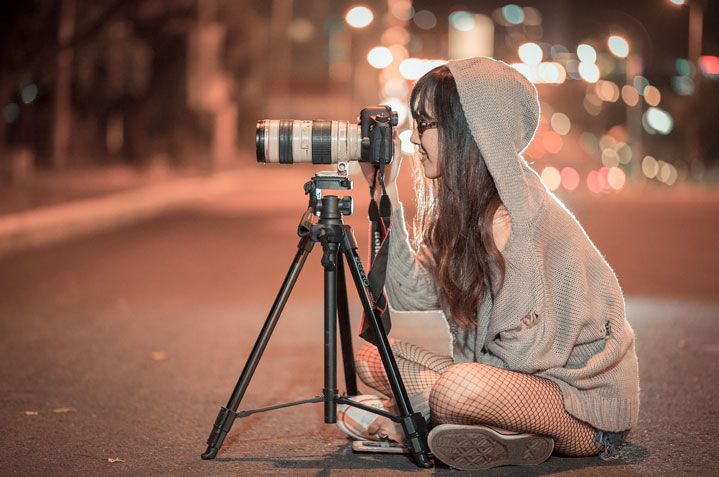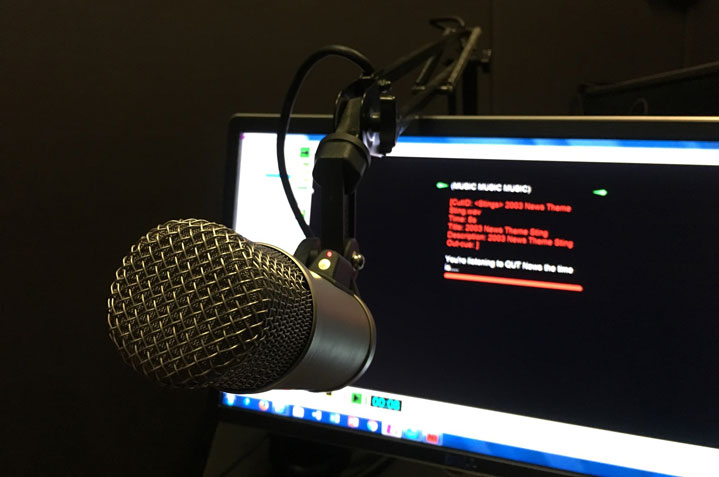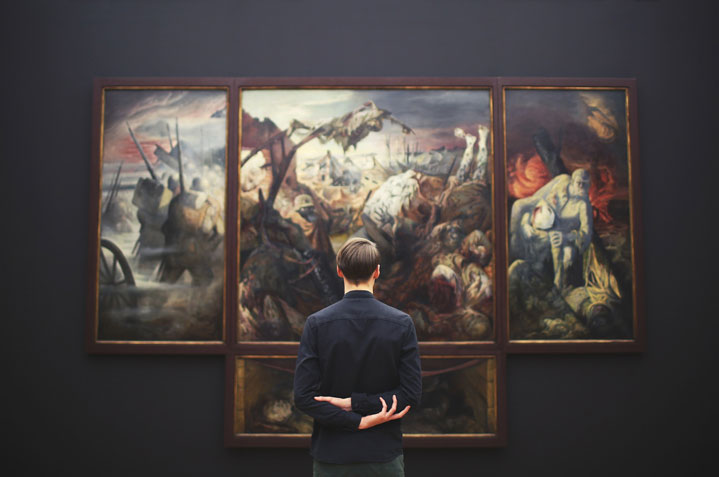Institutes
- Our institutes & academies
- Instrumental Perfomance
- Ballet Academy
- Vocal & Theatre Performance
- Music Education
- Teacher Training in Music Education (Schools)
- Church Music
- Jazz Institute
- Historical Performance
- Contemporary Music, Composition & Conducting
- Arts Management & Media
- Musicology
- Young Academy
-
Menü
- Home
- Suche
- Service
- Study
- Study
- Course options
- Important dates
- Guest students
- Application
- Studying at our university
- International
- Ensembles & choirs
- Ensembles & choirs
- Our ensembles
- HSO München
- ensemble oktopus
- Madrigalchor
- VOLTA Ensemble
- Salsaband
- All around your studies
- Participation
- Advice & help
- Advice & help
- Central Student Advisory Service
- Subject-specific Study Advisory
- Dean of Studies
- Living in Munich
- Scholarships & grants
- Studying abroad
- Musician’s medicine & prevention
- Counselling services for abuse of power
- Studying with a disability or chronic illness
- Studying with child
- Career Center
- Concerts & Events
- Concerts & Events
- What’s on
- Competitions
- Information for our audiences
- People
- Institutes
- Institutes
- Our institutes & academies
- Instrumental Perfomance
- Instrumental Perfomance
- The Institute
- Lecturers at the Institute
- Teachers in the main artistic instrumental subjects
- Ballet Academy
- Vocal & Theatre Performance
- Vocal & Theatre Performance
- About the Institute
- Lecturers at the Institute
- Music Education
- Teacher Training in Music Education (Schools)
- Church Music
- Jazz Institute
- Historical Performance
- Contemporary Music, Composition & Conducting
- Arts Management & Media
- Arts Management & Media
- The Institute
- Arts Journalism Master
- Musicology
- Musicology
- The Institute
- Music Mediation & Concert Design
- Young Academy
- Research
- Diversity & Values
- Diversity & Values
- Our values
- Our values
- Diversity
- Code of Conduct
- Mission statement
- Respect & Trust
- Equality
- Family-friendly university
- Inclusion
- Internationalisation
- Culture of Remembrance
- Culture of Remembrance
- Remembrance work at HMTM
- Advisory Board for Culture of Remembrance
- Sustainability
- Understanding of quality
- About Us
Suche:
